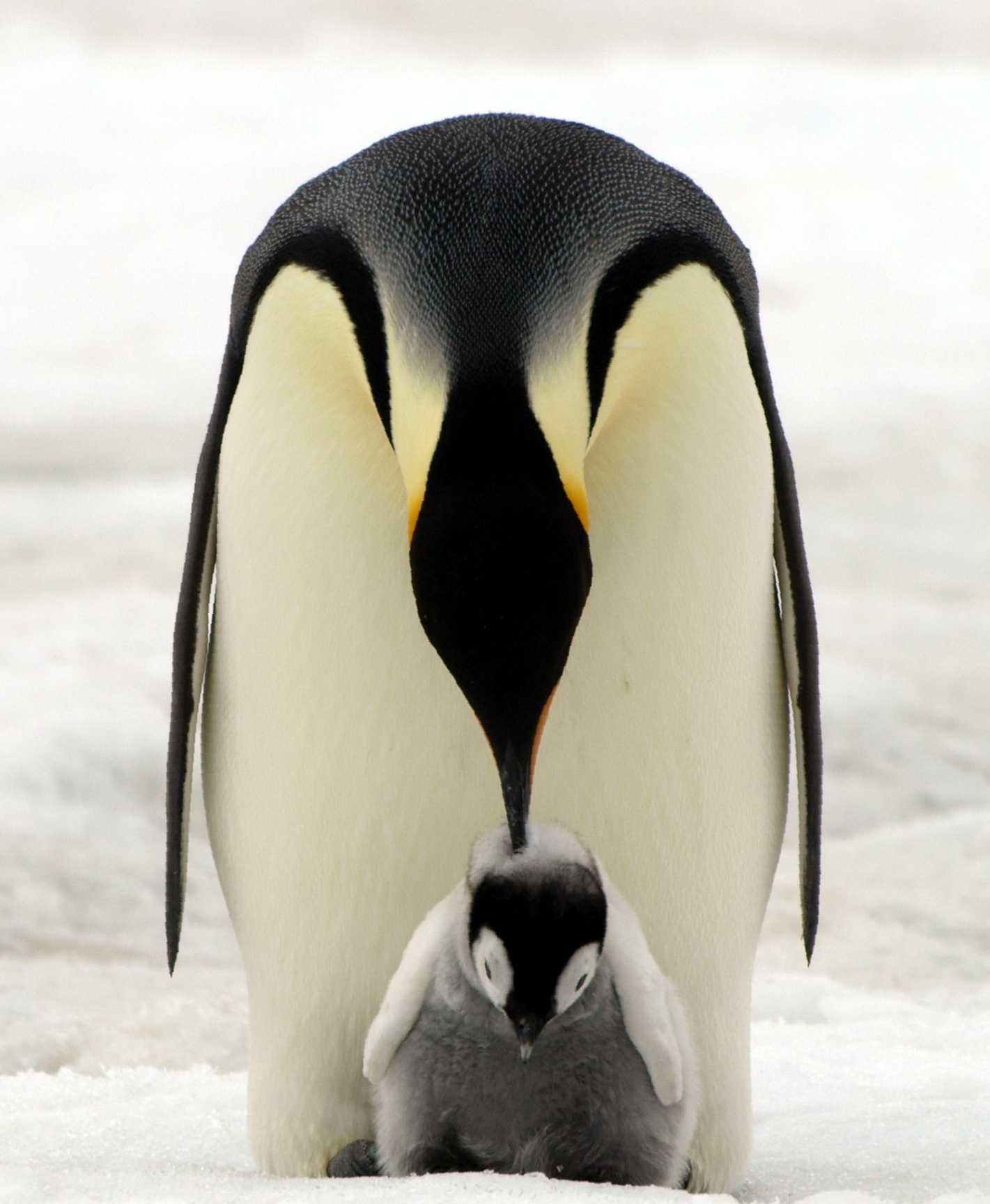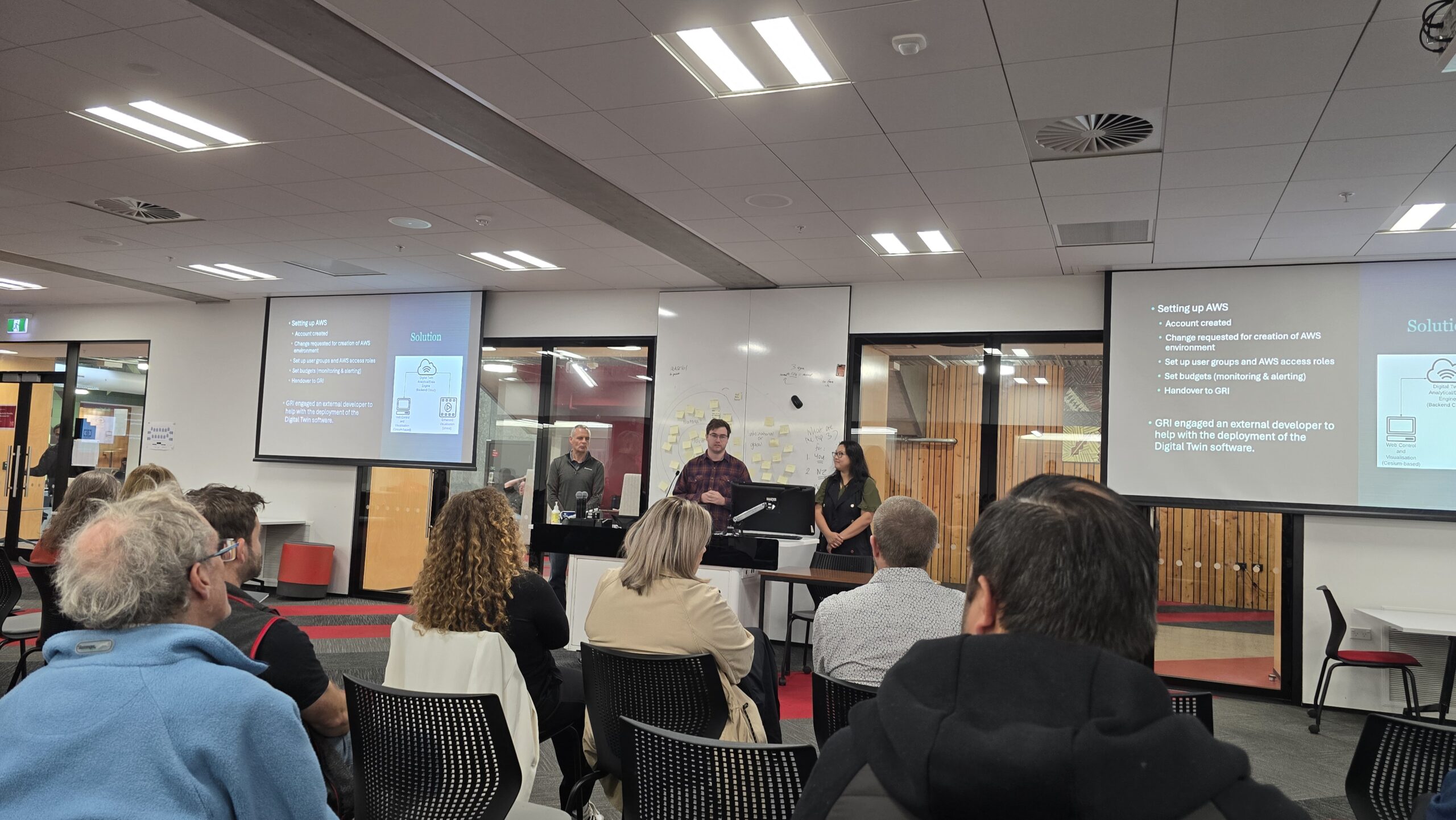Speaker:
Peter Fretwell
Seminar Summary:
In Antarctica emperor penguins are the species most at risk from climate change. Up until a decade ago our understanding of the species was hindered by the logistical challenges of studying a species which lives in one of the harshest places on earth. But since then advances in our use of satellite imagery has enabled us to find, count and monitor the birds, transforming it from one of the least studied species in Antarctica to one of the best. Along that journey we have discovered that there are twice as many colonies as we thought, the population is over double the original estimate, we have found new breeding behaviour and helped model future population trajectories. Over the last seven years Antarctic sea has started to diminish rapidly, both in extent and timing. Last year saw the lowest sea ice extent on record with the ice at many colonies breaking up before emperor chicks had fledged. This has led to regional breeding failures in 2022 and, with Antarctic sea ice this year recording record winter minima, new methods of satellite monitoring and international collaboration need to be employed to understand the impact of climate change on this icon of Antarctica. Thursday 31 August 2023 Ernest Rutherford 263 | University of Canterbury or Online via Zoom- Refreshments & Networking: 12:30-13:00
- Seminar: 13:00-14:00



